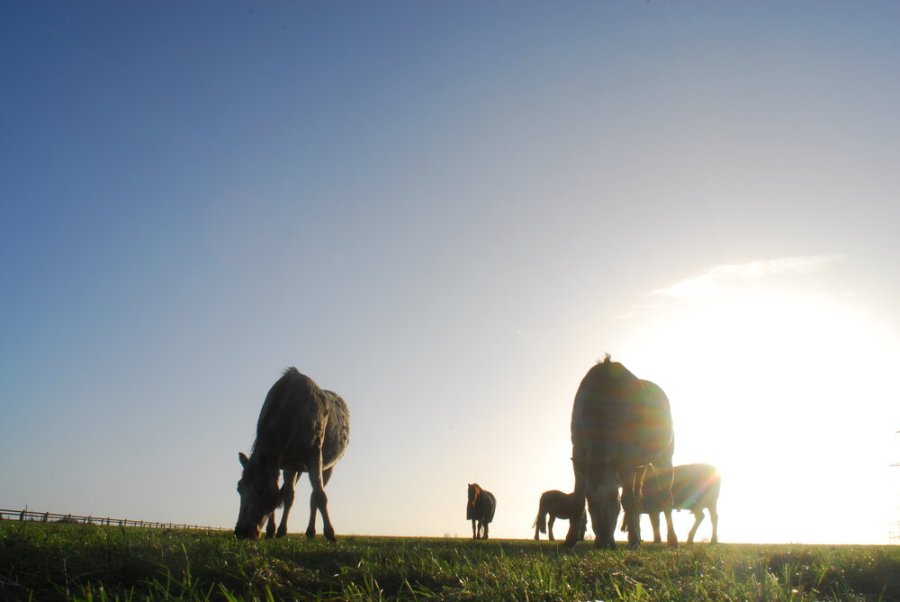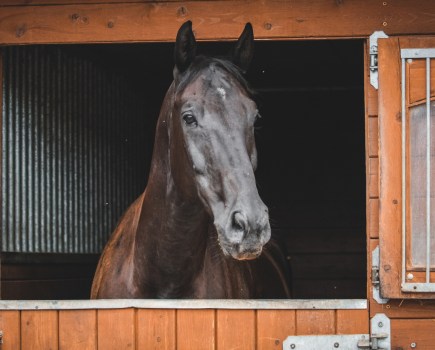Our passion for older horses and ponies has been confirmed by new research. The survey, conducted by the makers of Spillers, was completed by more than 5,000 owners and carers.
Thirty seven percent of respondents have horses aged 25 years or older, with 65 percent considering their horses to be classed as senior at 20 years or older. The results are helping the feed company understand how they can continue to best support seniors nutritionally, to help them live longer healthier lives.
According to the survey, participants are loyal to their veterans with 62 percent having owned their older equine for 11 years or more. Nearly all participants (99.5 percent) expressed their intention to keep their senior horse for the remainder of their life, highlighting a commitment to their wellbeing.
Despite their age, veteran horses remain largely healthy and active, with 80 percent considered to be in good condition. Eight percent were classified as overweight and 12 percent as underweight. However, common age-related issues such as stiffness, arthritis, PPID, dental issues, and laminitis were reported.
- 44 percent showed signs of stiffness or arthritis
- 17 percent were recorded as having Pituitary Pars Intermedia Dysfunction (PPID)
- 19 percent experienced dental issues
- 12 percent were prone to laminitis
In terms of exercise, 62 percent of horses and ponies were still in ridden work but 75 percent of these were in light work or slowing down. Retirement was common around the ages of 21-25, with almost a third of respondents specifying this age range.
“It is heart-warming to see that we are such a compassionate nation, giving so much care and devotion to our special oldies,” said Claire Dyett Marketing Manager for the Spillers brand. “Bravo to all the owners out there who are giving their seniors their best lives.
“The latest survey shows a higher percentage of respondents with horses of more than 25 years old and, encouragingly, data comparisons show that almost two percent fewer respondents had overweight horses – we hope our Spillers Slimmers’ Club may be responsible in part for this!
“Improved veterinary care and nutrition mean that we are better placed to manage conditions such as arthritis, PPID, and dental issues. An eight percent increase in feeding a mash suggests that owners may be recognising the suitability of soaked feed presentations to support senior health, particularly when dentition becomes compromised. It’s by working together that we can continue to enhance health, welfare and quality of life and turn age into just a number.”









